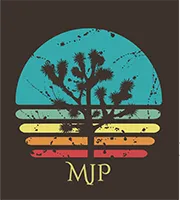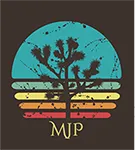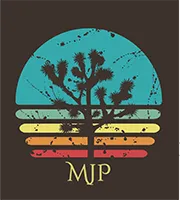Overcoming the Open and Obvious Doctrine in Premises Liability Cases
- posted: Mar. 18, 2024
- Personal Injury
Property owners have a duty to keep their premises safe for those who enter it. When they fail to do so, those harmed by the hazardous condition(s) may be entitled to damages. In an effort to avoid liability, property owners may use the open and obvious defense. Under this doctrine, a property owner is not liable for injuries caused by dangerous conditions that are considered so obvious that a visitor could have reasonably seen and avoided the danger. There are, however, ways to overcome this claim.
Some ways that plaintiffs can fight the claim of open and obvious danger include arguing the following points:
- Danger was not open and obvious — One way to overcome the open and obvious defense is to argue that the danger was not actually open and obvious. This may be possible if the danger was hidden or obscured, or if the plaintiff had a reasonable excuse for not seeing it.
- Property owner failed to take reasonable precautions — Even if the danger was open and obvious, the property owner may still be liable if they failed to take reasonable precautions to protect visitors. For example, a store owner may be liable if they failed to clean up a wet floor in a timely manner or if they failed to put up a warning sign.
- Property owner violated a safety statute — If the property owner violated a safety statute, they may be liable for injuries caused by the violation. For example, a store owner may be liable for injuries caused by a defective escalator if they failed to have the escalator inspected and maintained as required by law.
- The plaintiff was distracted — If the plaintiff was distracted by something that was under the control of the property owner, the property owner may still be liable for injuries caused by an open and obvious danger. For example, a store owner may be liable for injuries caused by a customer who tripped over a wet floor if the customer was distracted by a display of merchandise.
Overcoming the open and obvious doctrine in a premises liability case can be challenging, but it is possible. Plaintiffs should carefully consider the facts of their case and consult with an attorney to discuss their legal options. An experienced slip and fall attorney will know what kind of evidence will be needed to support your claim. This may include photographs of the scene of the accident, witness statements and medical records.
If you have been injured in an accident on someone else’s property, it is important to contact an experienced attorney to discuss your case. An attorney can help you understand your legal rights and options, and they can help you build a strong case against the property owner.
Located in Flagstaff, the Law Office of Matthew J. Poirier PLLC represents those involved in pedestrian accidents throughout the greater Flagstaff region. If you or a family member have been in a car accident, feel free to contact me online or call 928-222-2803 for a free initial consultation.



